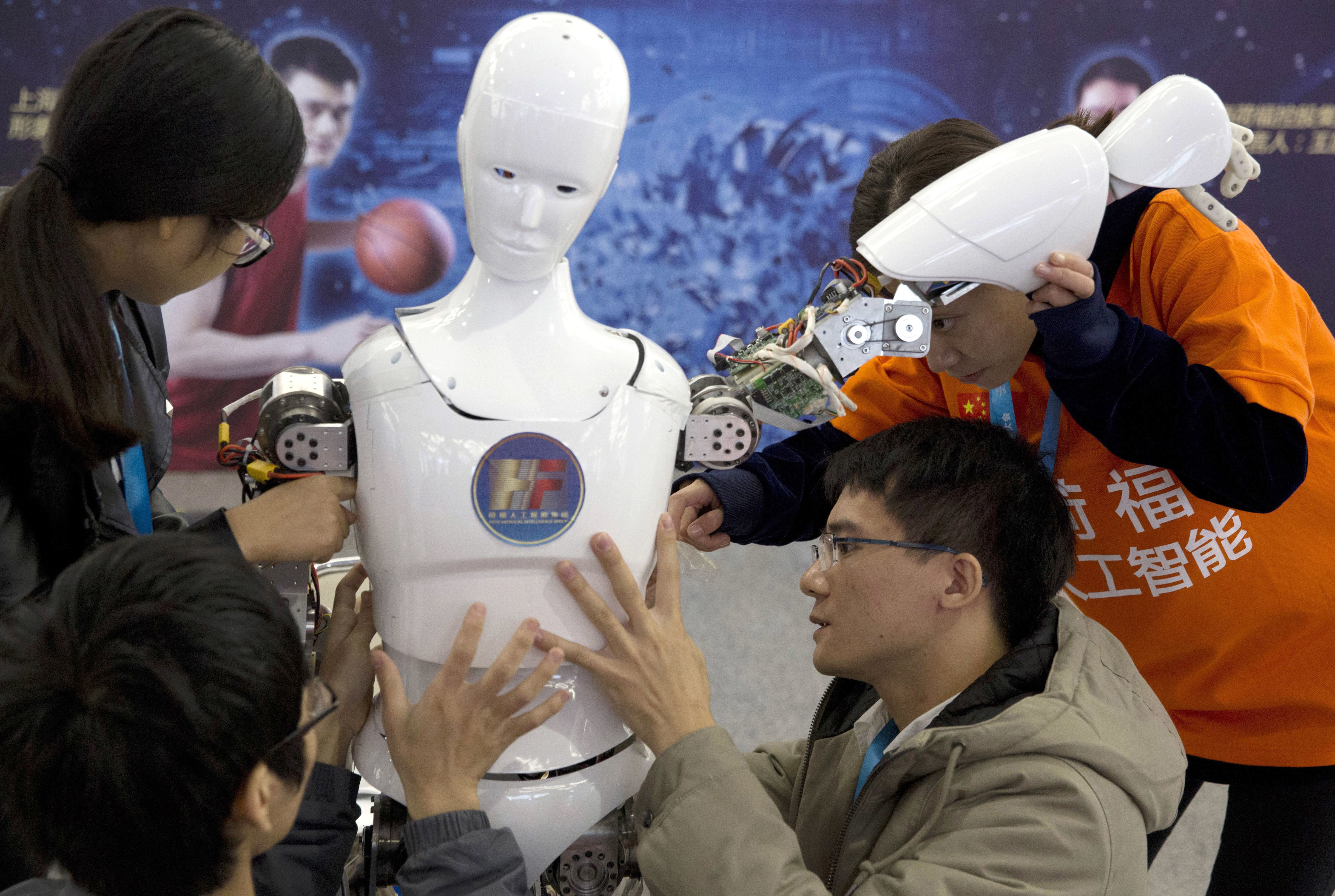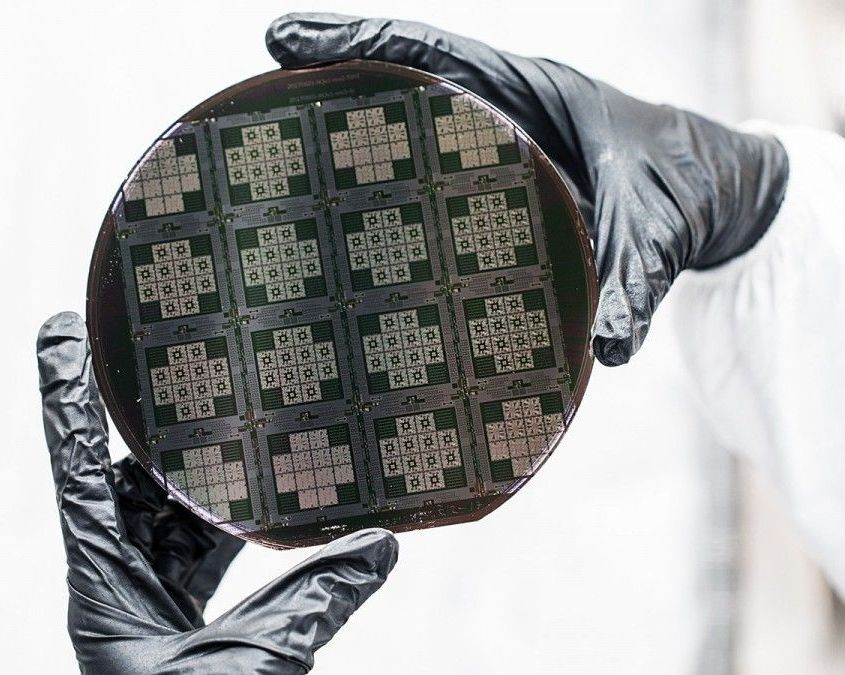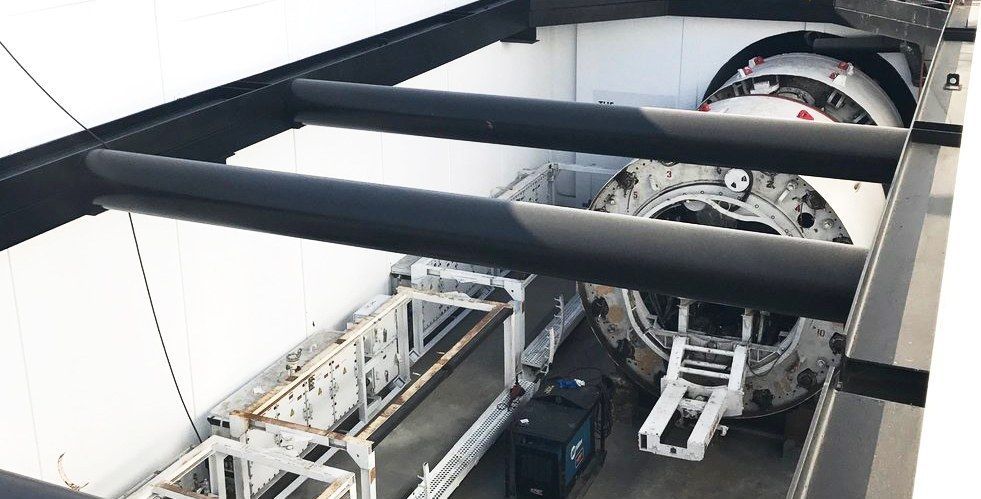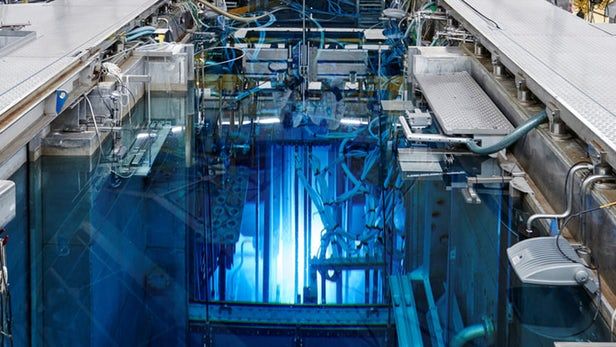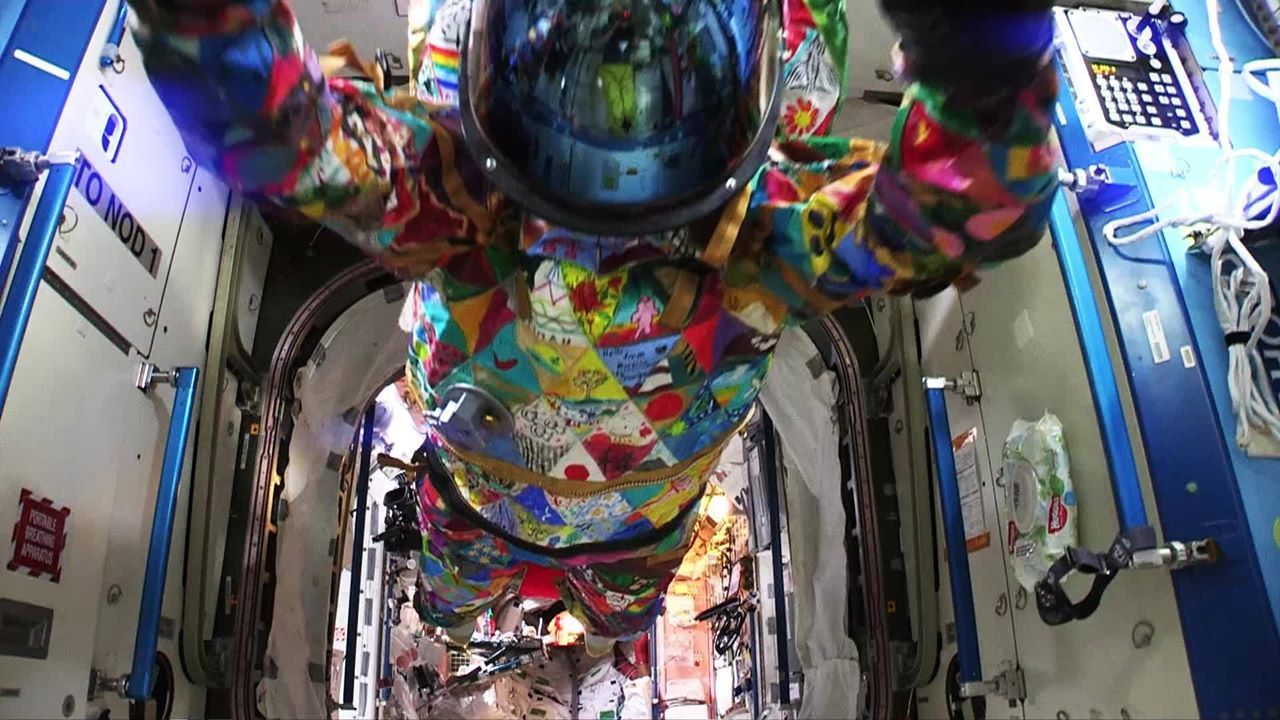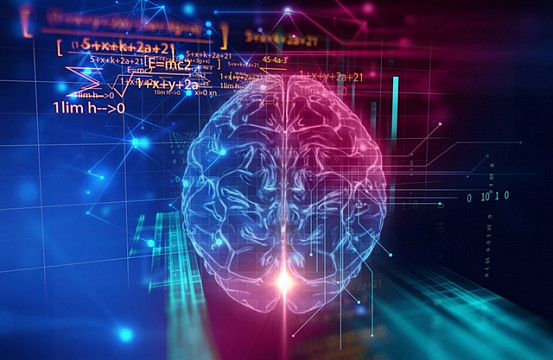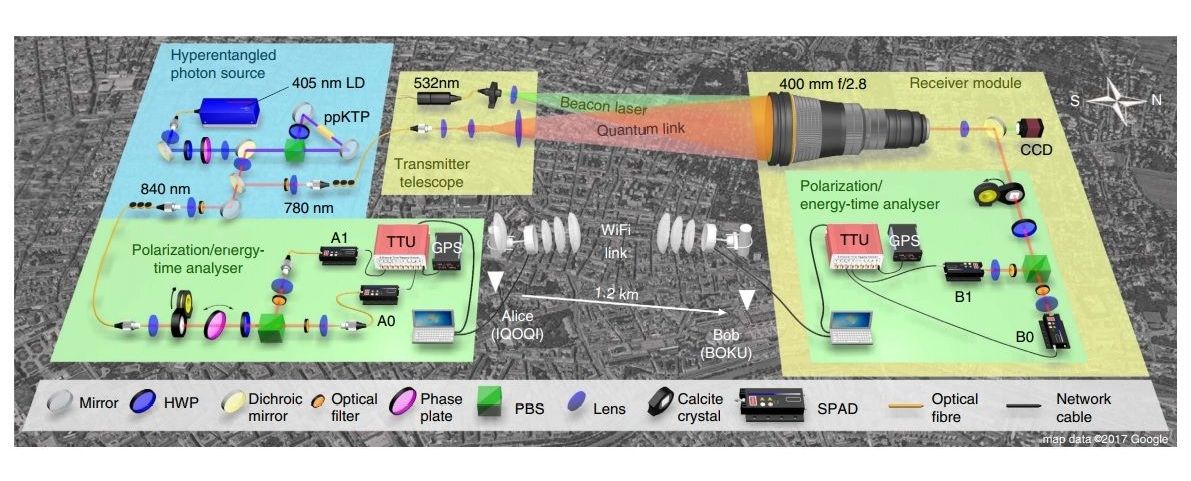Aug 25, 2017
Inside the Ring: Report: AI threatens humanity
Posted by Dan Kummer in categories: cybercrime/malcode, drones, government, military, robotics/AI
Rooting for the AI’s.
Artificial intelligence is revolutionizing warfare and espionage in ways similar to the invention of nuclear arms and ultimately could destroy humanity, according to a new government-sponsored study.
Advances in artificial intelligence, or AI, and a subset called machine learning are occurring much faster than expected and will provide U.S. military and intelligence services with powerful new high-technology warfare and spying capabilities, says a report by two AI experts produced for Harvard’s Belfer Center.
Continue reading “Inside the Ring: Report: AI threatens humanity” »
